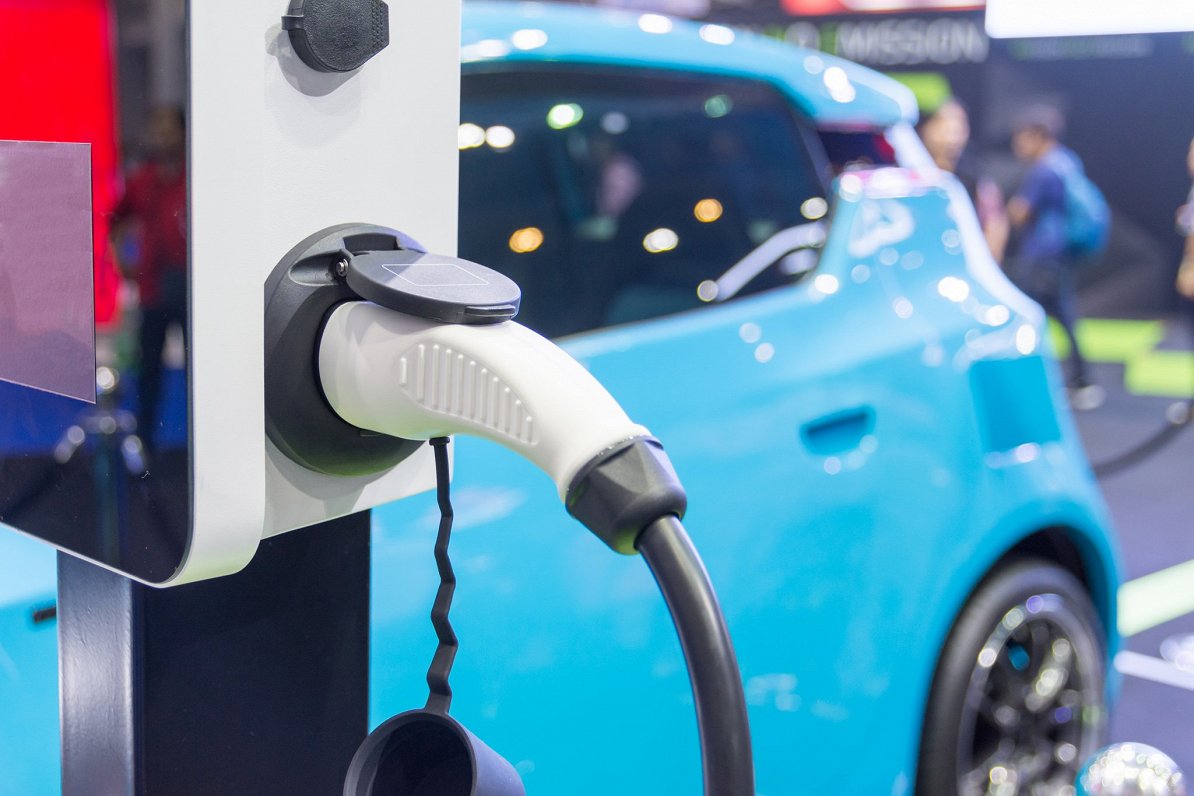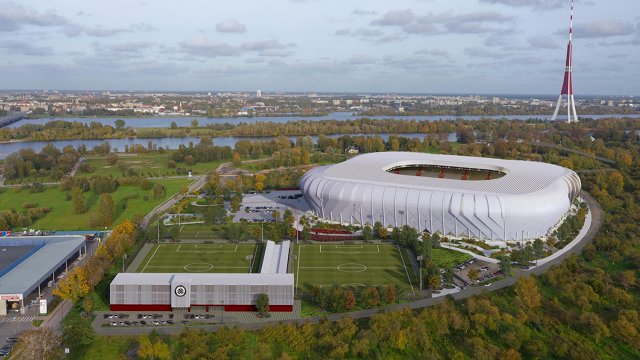In Latvia, the electricity network has nearly two and a half stations per ten electric cars. In Estonia, this is one per 20 cars and in Lithuania one per 10. The energy giant Latvenergo states that it has developed the most charging ports in Latvia over the last year with the project “Elektrum Drive”.
Ansis Valdovskis, director of the Baltic electric transport charging network of Latvenergo, commented that the electricity-car charging network in the Baltic States and in particular Latvia is developing at sprint speed.
"Our strategy is that we plan to build at least 1,000 stations in the Baltic by 2027. We are already planning to build at least 500 ports by the end of the year. On average, we need at least one port per 10 cars in Europe. We are a little ahead of the average market trend,” Valdovskis said.
Latvenergo plans to build a further 35 high-capacity ports in Latvia over two years in highways and cities where trucks will be able to charge, too.
However, the purchase of electric vehicles is still a matter of incentives, said Andris Kulbergs, president of the Auto Association, who also chairs the Environment, Climate, and Energy Sub-Committee as a member of the United List in the Saeima.
Kulbergs said: “In Latvia we have already reached that 8.8% of all imported new cars are electric vehicles this year. Last year was 5.04% at this time. We get closer to that indicator where Germany was five years ago.”
This was partly affected by the aid program, but it was only available to individuals. Electrical vehicles are provided by international companies and their branches, where management has the so-called “green policy”. Similarly, such cars are purchased by the public sector, as the rules force 22% of newly purchased cars to be climate neutral. Kulbergs recommends extending state aid to entrepreneurs as well.
Climate and Energy Minister Raimonds Čudars (New Unity) also promises support for entrepreneurs. The government has agreed conceptually.
"Our aim is to focus more directly on commercial transport, given that it is the commercial transport that has the greatest mileage, and therefore has a greater environmental impact. It will be a special program to be adopted this autumn,” noted Čudars.
However, Kulbergs stressed that the conditions for charging stations need relaxing so they could be much more extensive.
"There will be 15 thousand electric cars in our car fleet in 2025. And 700 charging stations must be located in Rīga alone. We don't have this number of charging stations in Riga. The main challenge is, of course, our characteristic – we have multi-apartment houses. 86% of the population live in multi-apartment houses, as opposed to the average of 43% in Western Europe or Europe," noted Kulbergs.
Therefore, legal and bureaucratic barriers need to be eased in order to charge vehicles at their homes without having to pull an extension cord from the ninth floor. It would also be useful for entrepreneurs building new offices or production sites.

































